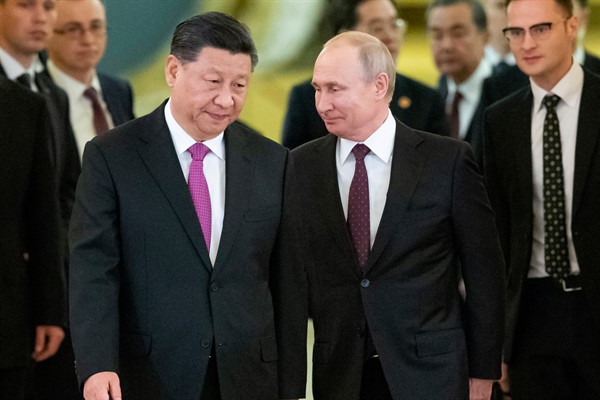The last time China’s most famous billionaire, Jack Ma, was seen in public was October. It was an appearance that did not please the regime in Beijing. The founder of e-commerce giant Alibaba—something of a Chinese Jeff Bezos—may have grown too confident and too powerful for the Chinese Communist Party, which may have decided it was time to not just silence him and limit his power, but to send a message to other potential critics with wealth and influence.
It would not be the first time that China has used repressive tactics to put elites in their place. And it wouldn’t be the first time a repressive regime has used mafia tactics to bring people who have gotten too wealthy, too influential—and perhaps too comfortable—to heel. We have seen it in recent years in Russia, Saudi Arabia and elsewhere.
Ma last spoke publicly at the Bund Summit, a financial conference, in Shanghai on Oct. 24. Before an audience that included Chinese government officials, he talked about the planned stock listing of his massive Ant Group, which would have been the largest not just in China’s history, but “the largest in human history,” he said. But Ma also criticized China, saying the banking system operates with a “pawnshop” mentality, with outdated demands for collateral and guarantees for loans.

